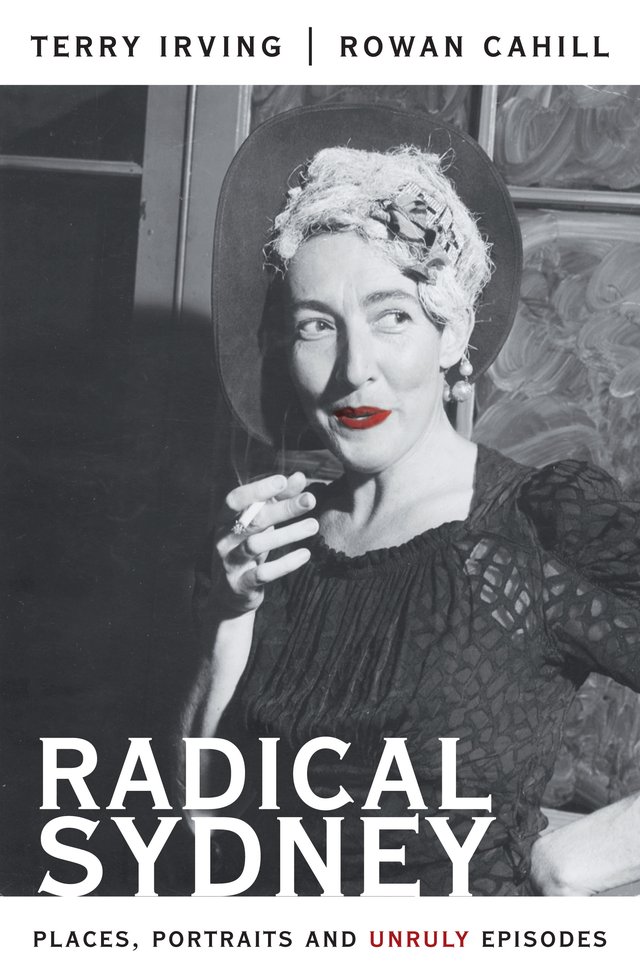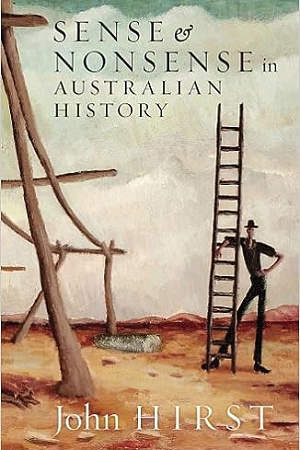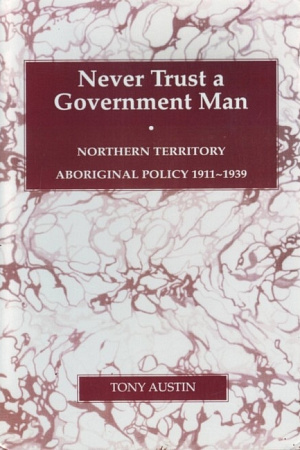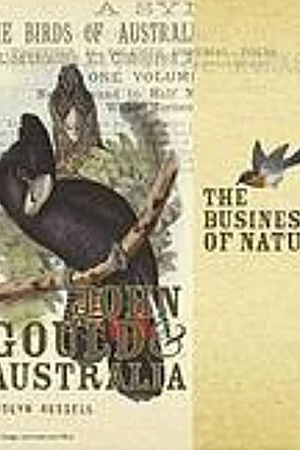Radical Sydney: Places, Portraits, and Unruly Episodes
UNSW Press, $39.95 pb, 368 pp
Radical love
Witnesses as diverse as Plato in the Republic, James Joyce in Ulysses and Lewis Mumford in The City in History have testified that ultimately, in some metaphorical if not metaphysical sense, the City is, above all else, an expression of love. Terry Irving and Rowan Cahill, luminaries of the New Left in the 1960s and 1970s, currently associated with the University of Wollongong, are assuredly in love with Radical Sydney, a city which may or may not be with us still. There is, however, a whiff of Yeats’s ‘Romantic Ireland’s dead and gone, it’s with O’Leary in the grave’, as there is of Beckett’s borrowing from the French: ‘The only true Paradises are lost Paradises’. Yet Irving and Cahill are anything but Romantics. Radical Realists, rather. They are not afraid to quote those who disagree with them: for example, the head of the Australian Bureau of Crime Intelligence who described the Sydney of the 1950s as ‘a stinking city, one of the most corrupt in the world’. Indeed, as the soundtrack of Underbelly insists: ‘It’s a jungle out there.’ As the authors state:
This book is about remembering, and about restoring some of the radicals, some of the unruly, to the history of Sydney. It discovers the street corners where they spoke, their union offices and lecture halls, and the pubs and cafes in which they socialised.
Continue reading for only $10 per month. Subscribe and gain full access to Australian Book Review. Already a subscriber? Sign in. If you need assistance, feel free to contact us.











Leave a comment
If you are an ABR subscriber, you will need to sign in to post a comment.
If you have forgotten your sign in details, or if you receive an error message when trying to submit your comment, please email your comment (and the name of the article to which it relates) to ABR Comments. We will review your comment and, subject to approval, we will post it under your name.
Please note that all comments must be approved by ABR and comply with our Terms & Conditions.